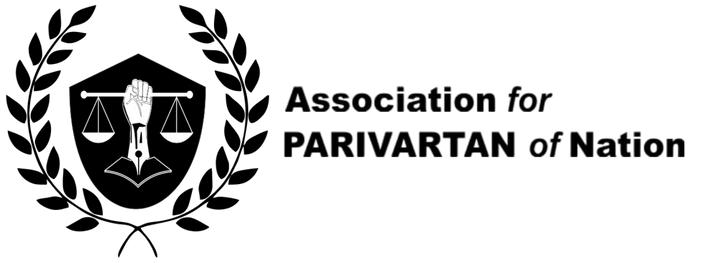Colloquium on Protection of Children from Sexual Offences (POCSO) Act
On 13 Jan 2020, APNA ran its “Know Your Rights” campaign at Tirwa National School, Bettiah, on the POCSO Act. 50+ students, parents, and teachers discussed child safety, reporting abuse, and the duty to protect. Linked to SDG 5 and 16, it promoted community responsibility for children’s rights.

Protecting Children
On 13th January 2020, APNA organised its “Know Your Rights” campaign at Tirwa National School, Bettiah, Bihar, with a focus on the Protection of Children from Sexual Offences (POCSO) Act, 2012. The campaign brought together 50+ participants, including students, parents, and teachers, to deepen awareness of child safety, abuse prevention, and the legal framework that protects children against exploitation. The session opened with interactive discussions on the difference between “good touch” and “bad touch.” This exercise encouraged students to recognise unsafe situations and to trust their instincts. Children were also reminded of the importance of saying “no” when uncomfortable and immediately informing a trusted adult, be it a parent, teacher, or guardian.
Participants were also informed that failure to report a known offence under the Act can lead to six months of imprisonment or a fine. This was an eye-opening fact for many parents and teachers present. From the community, the local leader added,
“For too long, our society has put honour above justice. We must understand that protecting children is not shameful; it is our duty.”
Through this campaign, the Association for Parivartan of Nation reaffirmed its mission of aligning with the Sustainable Development Goals (SDGs), particularly SDG 5 (Gender Equality) and SDG 16 (Peace, Justice, and Strong Institutions) by striving toward a society free of discrimination, abuse, and inequality. The seminar was not just a conversation; it was a step toward a cultural shift where protecting children becomes a shared community responsibility, and justice is not a general idea but an everyday practice.
